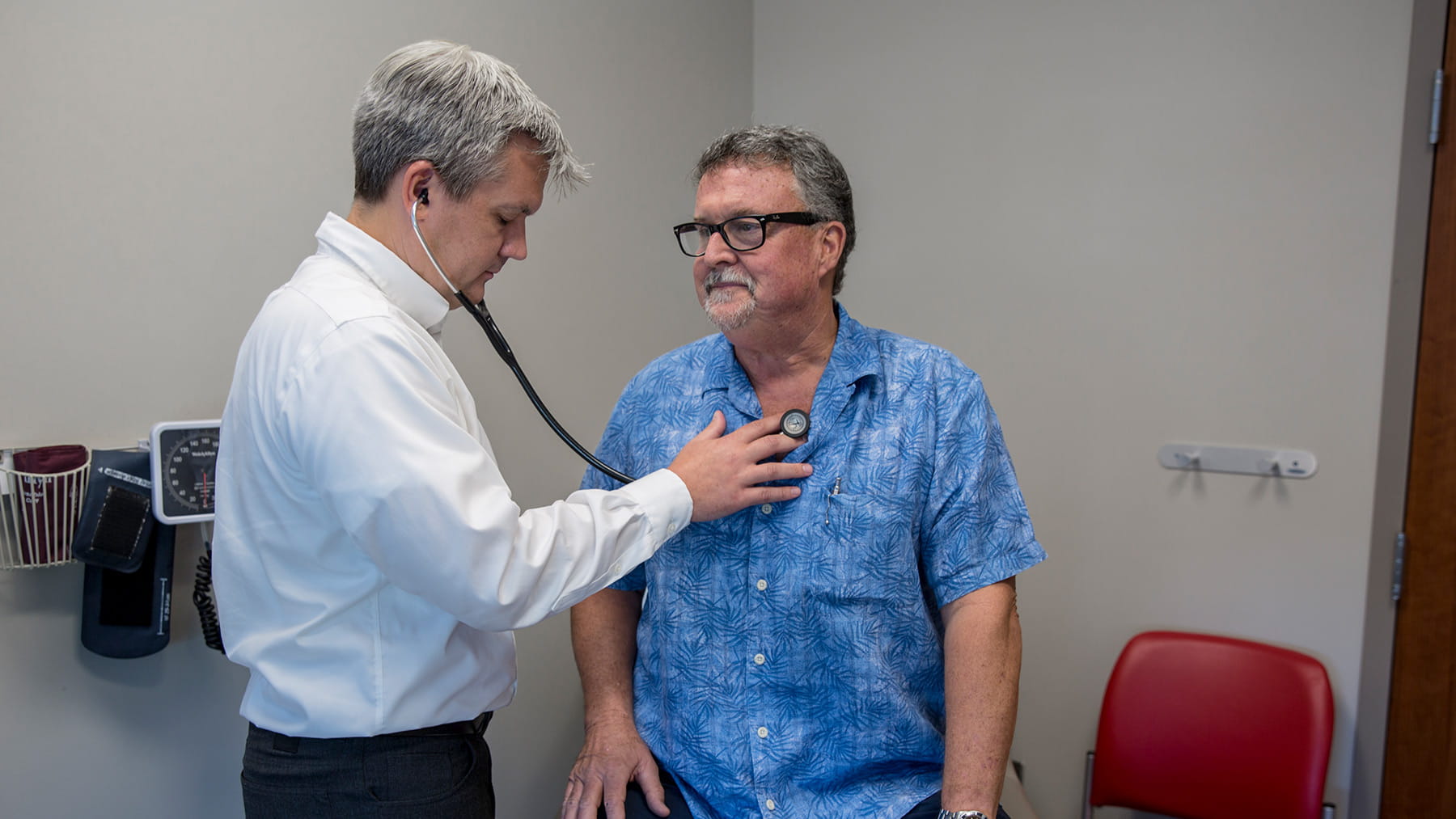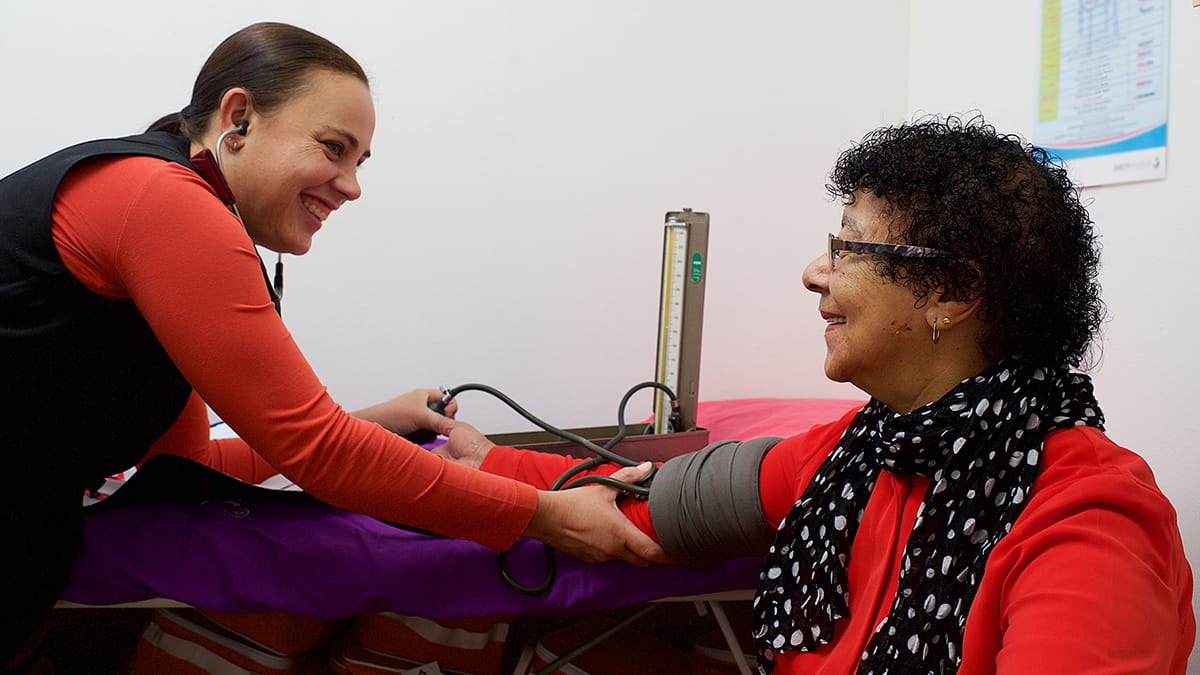Things that get your heart racing, make it go pitter-pat or even skip a beat are often thought of as thrilling or romantic. But in real life, these odd beats or fluttery feelings can be worrisome. Are they serious? Do I need to see a doctor or just lay off the caffeine? It depends.
All of these feelings describe heart palpitations – extra beats coming from either the top or bottom chambers of the heart. This happens when something in the heart’s electrical system activates a little too soon, causing the early contraction that feels unusual.
Nearly everyone has heart palpitations at some point, and most of the time they don’t need treatment. Some people have them more frequently than others do, and some types of palpitations cause more symptoms than others do. I have some patients who have up to 15,000 per day.
Risk Factors
Certain things can raise the risk of having irregular heartbeats:
- Medications – some types such as decongestants, antihistamines, stimulants and asthma medication can trigger palpitations.
- Use of caffeine, tobacco, alcohol or illicit drugs
- Anxiety, stress
- Dehydration
- Pregnancy
- High blood pressure
- Hyperthyroidism
- Heart disease, including congenital disease, coronary artery disease, heart attack, heart failure and weakened heart muscle (cardiomyopathy).
Most often, these beats are premature atrial contractions (PACs) or premature ventricular contractions (PVCs) but there are some less common causes as well. These two main types are not dangerous, but they can cause odd feelings such as flutters, pounding, or missed beats. Symptoms that are more serious include dizziness or lightheadedness, shortness of breath or chest pain. If the symptoms are frequent, bothersome or persist for more than a minute or so, a doctor should evaluate you. There could be an underlying heart disease causing the palpitations.
Having frequent palpitations or certain patterns could increase your risk for developing heart rhythm problems. In rare cases, some types of irregular beats can lead to chaotic, dangerous rhythms that could cause death.
When you prepare to talk with your doctor about palpitations, try to notice what you’re doing, how you’re feeling and how long the episodes last. Often, your doctor will order a 24-hour electrocardiogram using a Holter monitor or a 30-day event monitor, depending on the frequency of your symptoms. They’re portable devices worn at home for either one day or 30. The test tells us exactly what type of extra beats you’re having, when and how frequently. The doctor may also order an echocardiogram, or an ultrasound of the heart. Depending on these results, your doctor might consider further testing or treatment.
How it’s treated
In most cases, eliminating the triggers, such as caffeine or tobacco, can decrease the symptoms.
There are medications that can help, but, for some people, the side effects can be worse than the symptoms of the palpitations.
For irregular heart rhythms that don’t respond to lifestyle changes and medication, doctors can use ablation therapy to destroy the extra electrical connection causing the irregularity.





